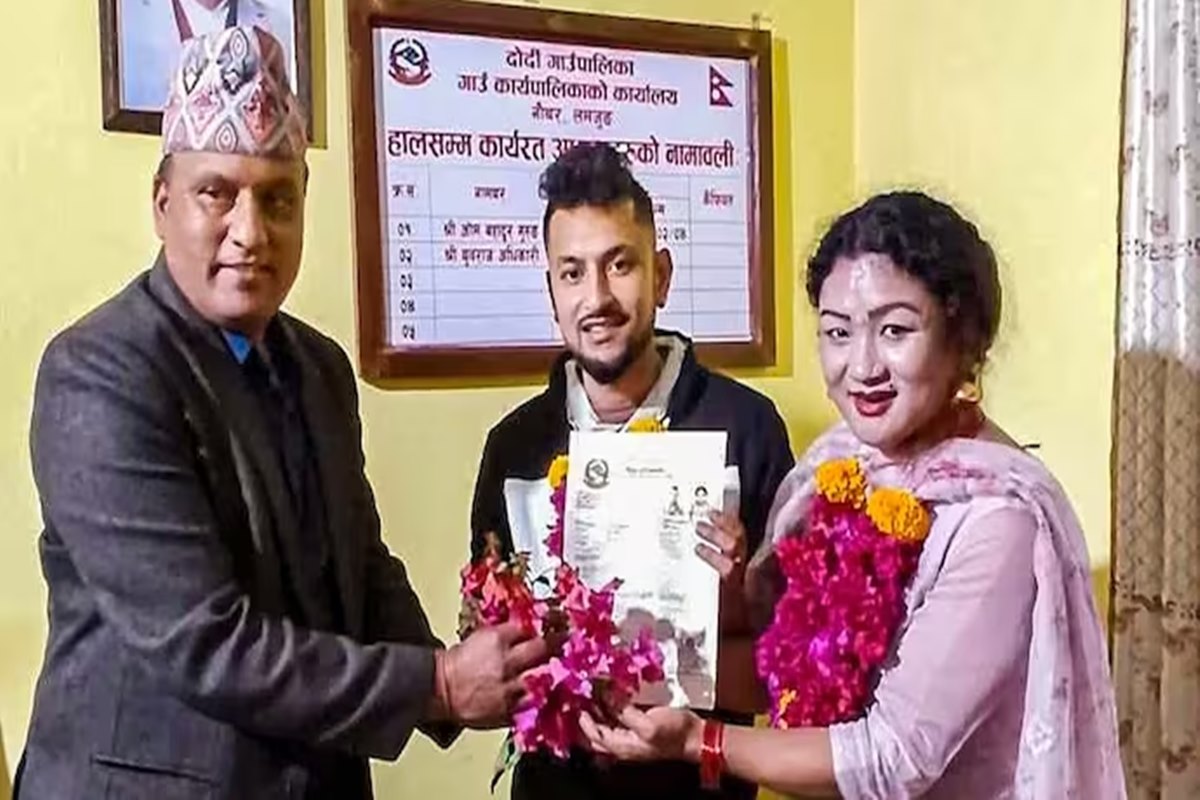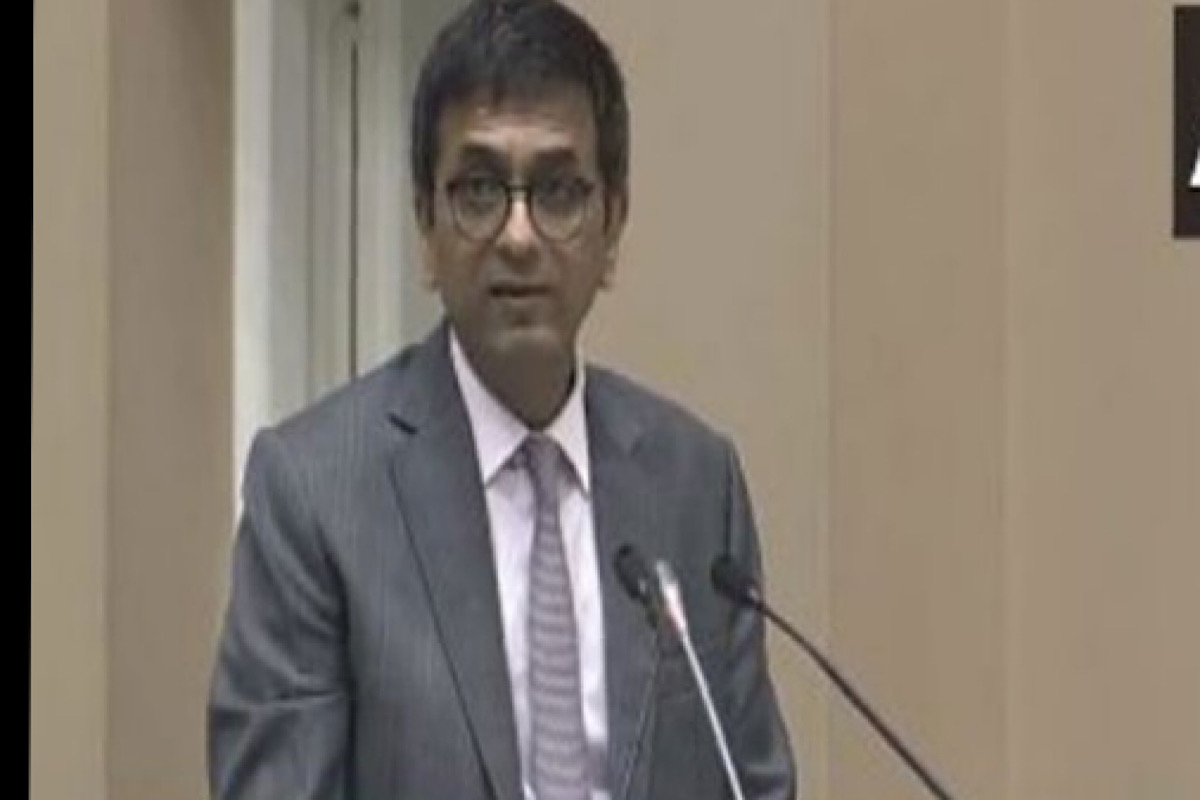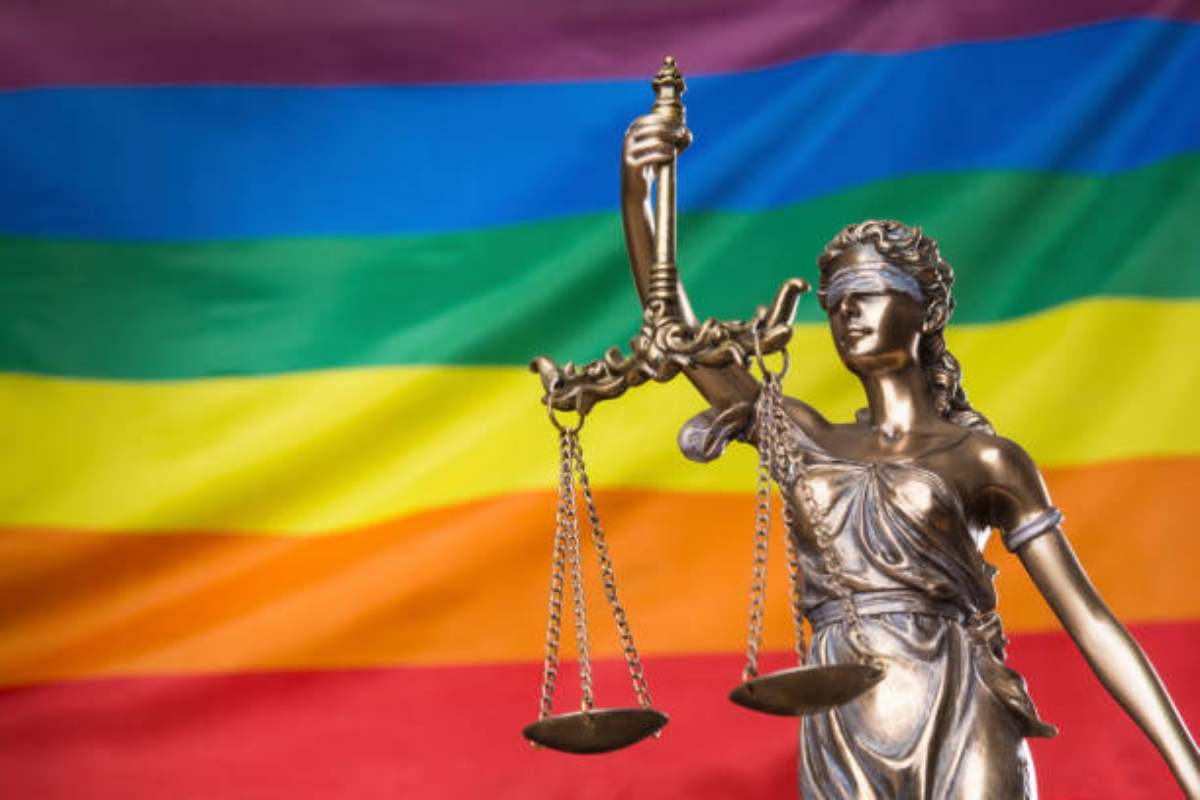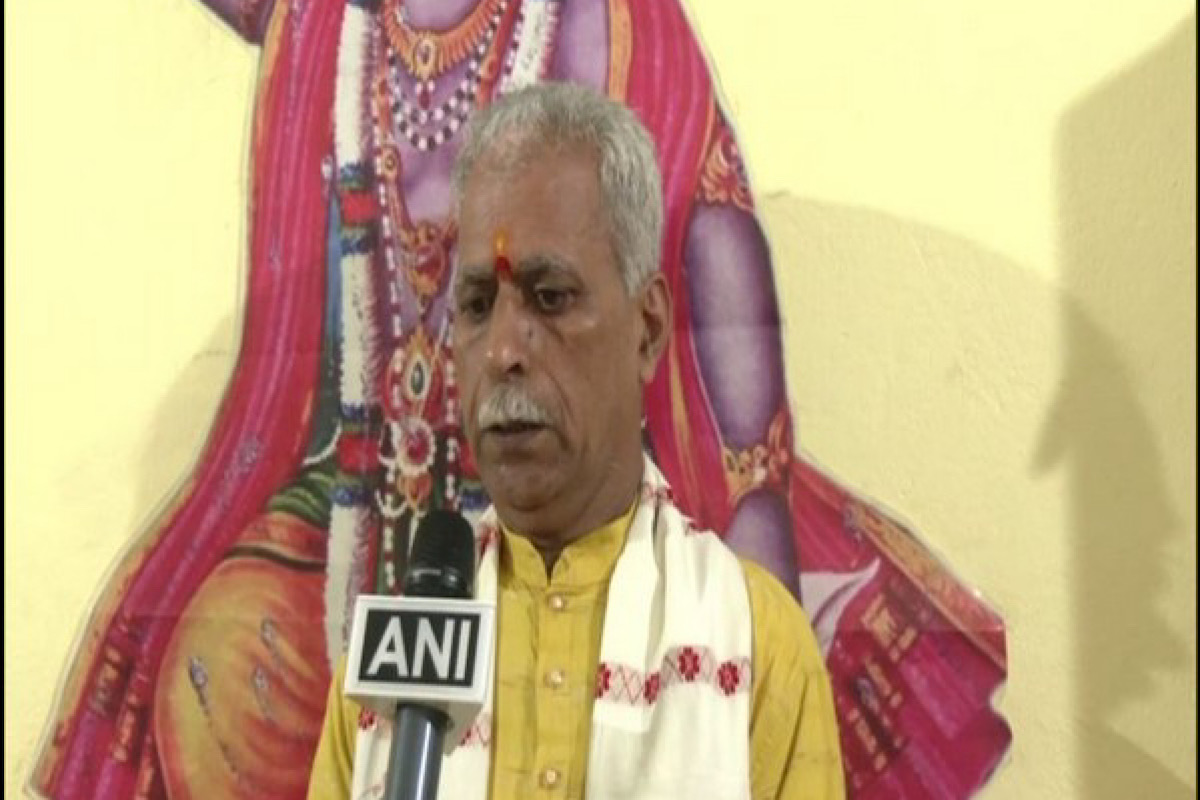Nepal celebrates first same-sex marriage
Nepal makes history with its first legal same-sex marriage in Lamjung, a significant step towards inclusivity and equal rights.

Nepal makes history with its first legal same-sex marriage in Lamjung, a significant step towards inclusivity and equal rights.

Chief Justice of India (CJI) DY Chandrachud on Monday said he stands by his minority judgement in favour of civil unions of queer couples

A five-judge Constitution Bench headed by Chief Justice of India (CJI) DY Chandrachud refused to grant any legal sanction to same-sex marriage on Tuesday.

While expecting a favourable verdict from the Supreme Court on the issue of same-sex marriage, a fear of an ordinance by the Centre to negate the apex court order seems to haunting the Queer rights activists to a great extent.

Opposing the plea, Singh said that the Hindu Marriage Act 1954 is sacred and should not be changed.
The Constitution Bench comprising the Chief Justice, Justice Sanjay Kishan Kaul, Justice Ravindra Bhat, Justice Hima Kohli and Justice PS Narasimha is dealing with a batch of petitions pertaining to 'marriage equality rights for the LGBTQI+ community'.
Supreme Court opined that the relationship between same-sex couples is emotional and the notice inviting objections under Special Marriage Act was based on patriarchy.
A five-judge Constitution Bench headed by the Chief Justice of India DY Chandrachud begins hearing a batch of petitions.
There is no such thing as the absolute concept of biological man and biological woman, says CJI Chandrachud.
The Centre has told the Supreme Court that demand for same-sex marriage is a "mere urban elitist views for the purpose of social acceptance", and recognising the right of same sex marriage would mean a virtual judicial rewriting of an entire branch of law.